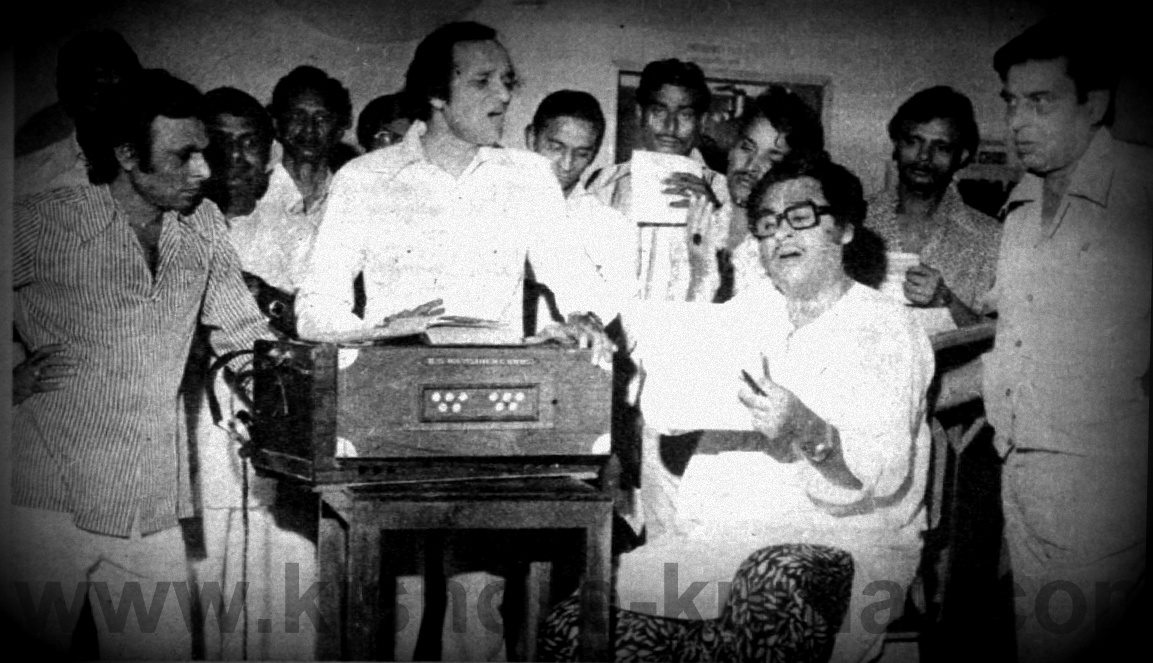Two nights in a row I read news of people I loved and admired re-admitted to hospital because their debilitating disease desired so. Two nights in a row I went to sleep asking and avoiding the terrible question, what if…? Two nights in a row I did not know I would wake up to the ‘what if’ coming true. They are stars, after all, they will be fine. And ultimately everyone has to die, they will too, but not now, not like this, I kept telling myself. But they did. I just didn’t know it would feel like this, so personal even words are saying I will give into the moment and stay silent.
Irrfan was my present, Rishi was my past, not everyone has such a glorious history; only those who share it will know. Between them they encompassed the art and commerce of the mostly silly Bollywood which both simply elevated by their sheer presence. Or even a smile. Where do I go look for them now?
The last time I felt this unnervingly devastated wasn’t yesterday, when I heard about Irrfan. The shared pain on my echo chamber of social media was so loud and deep, it somehow put my pain in convalescence. Irrfan was our present, how dare they take him away, everyone was screaming in unison. Even the ones who are generally rational and stoic about these matters. It was too deeply personal for everyone including myself, his leaving us, but in that collective heartbreak I found some solace to tide over the very, very unfair blow life and death had thrown at me, at all of us.
But with Rishi it feels like a family member has gone away and I am sitting and weeping away unable to wrap my head around what the hell is so devastating about this. The last time I felt this unnervingly devastated without understanding why was when Rajesh Khanna left us. I wasn’t even an ardent fan, just really liked him in everything he had done pre-80’s, everything that I keep hanging onto till date. I wrote about it here. I was mourning an entire era and my childhood he took away with him, making the present unrecognisable. I am sitting and mourning that again as Rishi takes away with him whatever was left of it.
But why am I weeping like a family member has passed on, Chintuji would you know? You, who with that chocolate boy innocence and lover-boy impishness never let me stay depressed for long? All I had to do was play one of your songs, mostly with RD and sing along ‘Hoga tumse pyaara kaun’ as though I meant it for you. I didn’t tell anyone but I did. You, whose manic energy uplifted everything and everyone around you in whatever dismal setting of a film you were placed in? It didn’t matter, your settings, coz whenever you were on screen it was like, ‘tere chehre se nazar nahi hathti nazare hum kya dekhe?’ You, who were so criminally under-rated despite coming from the First Family of Bollywood and being its best lover boy onscreen? When he received a Lifetime Achievement Award in 2008 for 25 yrs in the industry, I learnt the last Filmfare he received was in 1974, for his debut Bobby. That is how criminally under-rated he was and I decided to love him a little more from my end even though by then he was a pudgier version of himself, not the perfect lover boy Rishi of my dreams, but still with the same charisma, same charm, same exuberance, same enthusiasm for life.

The most attractive thing about Rishi Kapoor was not his smile, or looks, it was his enthusiasm for life that showed through in every performance. It was infectious, like how. Perhaps, that’s why when depressed all I cared to do was put on one of his songs with Neetu that RD had strung together, and live off that enthusiasm vicariously. Ek main aur ek tu, dono mile is tarah, ke he invariably put life back into my soul that was ready to give up. I still have those songs to go back to but I don’t have you anymore Rishi, and right now I am at a sheer loss what to do about that…
He was the only Bollywood celebrity I followed on Twitter for a long time, not even SRK. Twitter is such an extension of Bollywood PR it is really boring to keep buying those lies even our celebs themselves are not convinced about. But not Rishi, he was real. Fuck, he was real even in that jungle called Twitter and unabashedly so. Taking in all the hate and disdain with the same love he accepted our love. And that infectious enthusiasm for life. ‘I am ready to get back to acting,’ didn’t he say as soon as he was back from that 11-month long stint of treatment abroad? Where do I look for him now?
He was so, so, so good in his second innings. Sometimes, I thought, even better than in his prime. Perhaps, it was about the roles he got and the sincerity with which he performed them. And the accolades kept coming in, finally Filmfare was recognising him too. And he had so much more to give, and I was hungry to take. From the refreshingly honest portrayal of a Bollywood producer in Luck, by chance, to that loud, hammy, vile antagonist of Agneepath, to the cute, vulnerable, authentically middle-class father and husband of Do Dooni Chaar and more, he simply seemed to be this fountainhead of performance that kept giving. Put him in any role and all you had to say at the end of it was, waah, Chintuji, waah! With all heart and smiles. Who will I say that to now?
I feel extremely silly, and adolescent and naïve banging away at my keyboard trying to understand from where is this despair arising. The first time I felt it was with Shammi Kapoor and I have never been able to hear the Rockstar tune he performed without flinching ever since. Next was when Devsaab left us, the man we thought would go on and on living (and making films) even after we stop. He was my first love, I wrote about him here. Then Rajesh Khanna, then Shashi – that other breathtakingly beautiful Kapoor only comparable with his nephew Rishi. And then there was Sri…never mind. She was a piece of all our hearts. Sometimes, I think I will never accept she isn’t around anymore, I don’t, I won’t, I can’t.
Just like their films, and their eras they evaporated, taking with them everything that was special about growing up even in the dead, dank 80’s. And I am left screaming at the heavens at the injustice of it all. It was only films, after all, some would say. They were mere actors, others would say. They were only dream sellers and tricksters of your imagination, many would say. Yes, but then why did they stick so close to reality? Why did they inform life so dearly like it depended on them and their smiles, their styles, their guiles? If they were only dreams, is this how dreams always end? Taking away all those parts of your childhood that you thought would live on despite yourself?
But then, as you find out, they don’t. Those parts go where your beloved heroes and heroines go. And perhaps, it is better that way, they were meant to be together, they will be safe. As for us, who have been left behind, without our pasts and without all those who kept the past breathing long after it was gone, ‘we will always have Paris’. Long live, Irrfan, long live Rishi, and long live all the heroes and heroines taken away from us. I feel more anger than love right now, but as they say, anger is nothing but love that has no place to go so here is hoping all of them are feeling the love wanting to reach them. I have fused my past, my childhood, various parts of my identity and some of my best memories with you and sent them along to keep you safe and remind you that you will be loved always.
And that you will live forever. Wherever you go, we will always have Paris. I will meet you there.
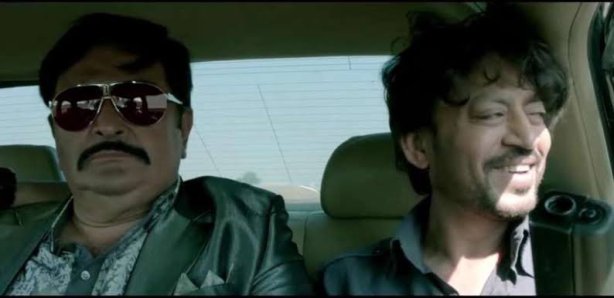
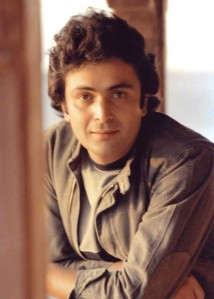
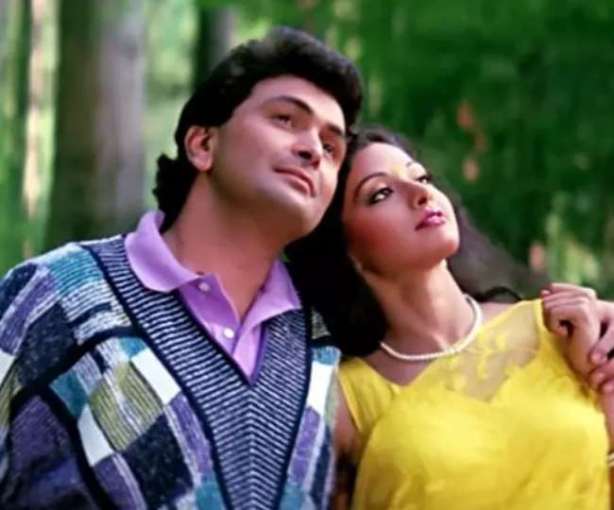
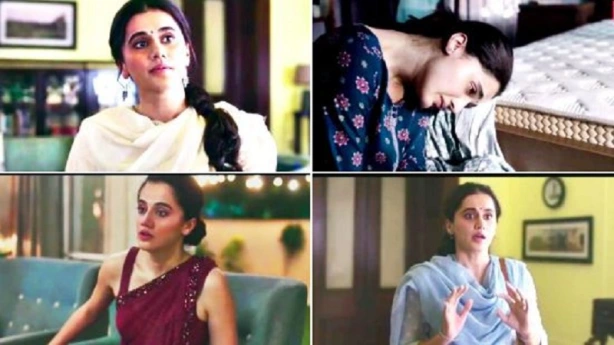





 “
“ Emergency was imposed on India on this day 42 years ago, on June 25, 1975, and it lasted for about 21 months. During the emergency, Kishore Kumar was banned by Ministry of I&B on All India Radio & Doordarshan for his non-participation in one of the major public events organised by the people in power then.
Emergency was imposed on India on this day 42 years ago, on June 25, 1975, and it lasted for about 21 months. During the emergency, Kishore Kumar was banned by Ministry of I&B on All India Radio & Doordarshan for his non-participation in one of the major public events organised by the people in power then.